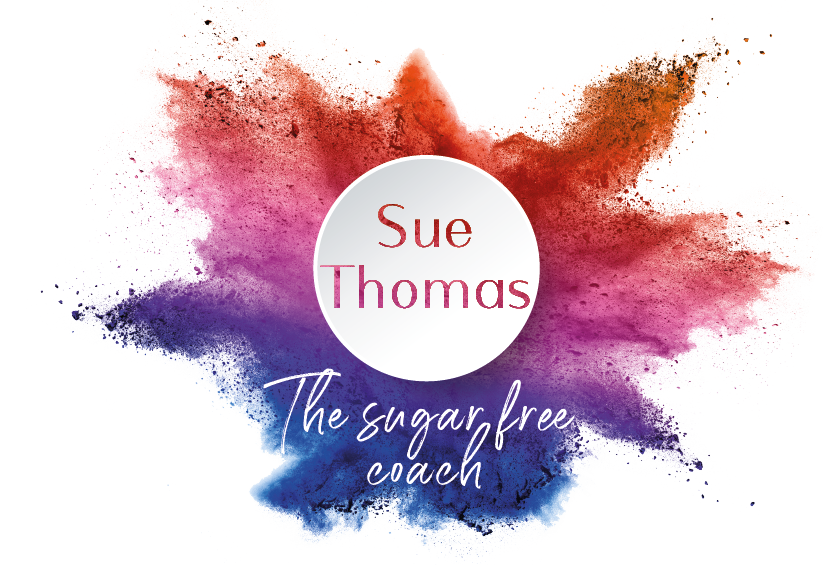What is causing your IBS
I really struggle with IBS a client told me on the phone recently. By the end of the day my clothes are really uncomfortable and I look like I am 6 months pregnant. I have tried cutting out gluten and wheat, but it doesn’t seem to make any difference. Have you tried cutting out sugar I asked. I don’t really eat that much sugar she said, occasional biscuit or bar of chocolate, I usually just drink coke zero if I have a sugar craving. And there it was. The root of her IBS.
So lets be clear on what IBS is – it is inflammation of the intestinal tract. That inflammation gets more sore and more uncomfortable as the day goes on. Sometimes it can be triggered by gluten, sometimes periods of intense stress, but equally it can be triggered by sugars, or the chemicals used to substitute sugars. Sugar (and the chemicals used) are inflammatory foods. This means the process they go through for the body to metabolise them creates a small amount of inflammation in the system. This small amount on its own is not a problem. But if we are repeating behaviours day in day out that inflammation builds up in the system, and starts to cause initially IBS, but gradually more serious issues such as joint pain and poor sleep and after a while autoimmune conditions.
A recent study showed that many autoimmune sufferers also suffer with IBS. That is not to say your IBS will turn into an autoimmune condition, but it is the first sign of your body asking for help. Listen to it and act accordingly!
So these are my 5 tips for trying to reduce your IBS – you need to apply them for a good 21 days to really start seeing any benefits
How often are you eating? Give at least 4 hours between eating to allow for inflammation to reduce. Regular grazing means the intestine is never having a chance to heal itself, its just always digesting.
How late are you eating? Eating late into the evening means the digestive system is still digesting when you go to bed. Deep sleep is vital for helping the digestive system to heal, but we never hit deep sleep if digestion is still in full flow! Try to eat no later than 7pm.
How much water are you drinking daily? To help waste move through the intestine we need lots of water. If you are limiting fluid intake to coffee and diet coke this doesn’t help the intestine in any way at all. Consequently transit time is slow and can aggravate the gut wall causing discomfort and pain. Make sure you are drinking 2 litres of water throughout the day.
Cut back on your sugar and sweeteners. Both of these substances cause inflammation in the body, and if the gut wall is already sore then this is where inflammation will continue to build.
Make sure you have something green with every meal. Green foods are full of prebiotic fibres that support the bacterial populations in the intestine and help them to function more efficiently. The stronger and more diverse the bacteria in your intestine the better your digestive function will be, and the symptoms of IBS will start to reduce.
You can try cutting out wheat and gluten first – but if you are still grazing, still eating late, and drinking coke zero instead of water then your IBS is always going to cause you issues.
My next mini reset starts on 1st March. Its 21 days of full accountability to increase water intake, cut out sugar and sweeteners and increase water intake. It gets great results with solving IBS, take a look in more detail HERE
https://www.suethomaswellbeing.co.uk/step-into-spring-mini-reset.html
Sue
